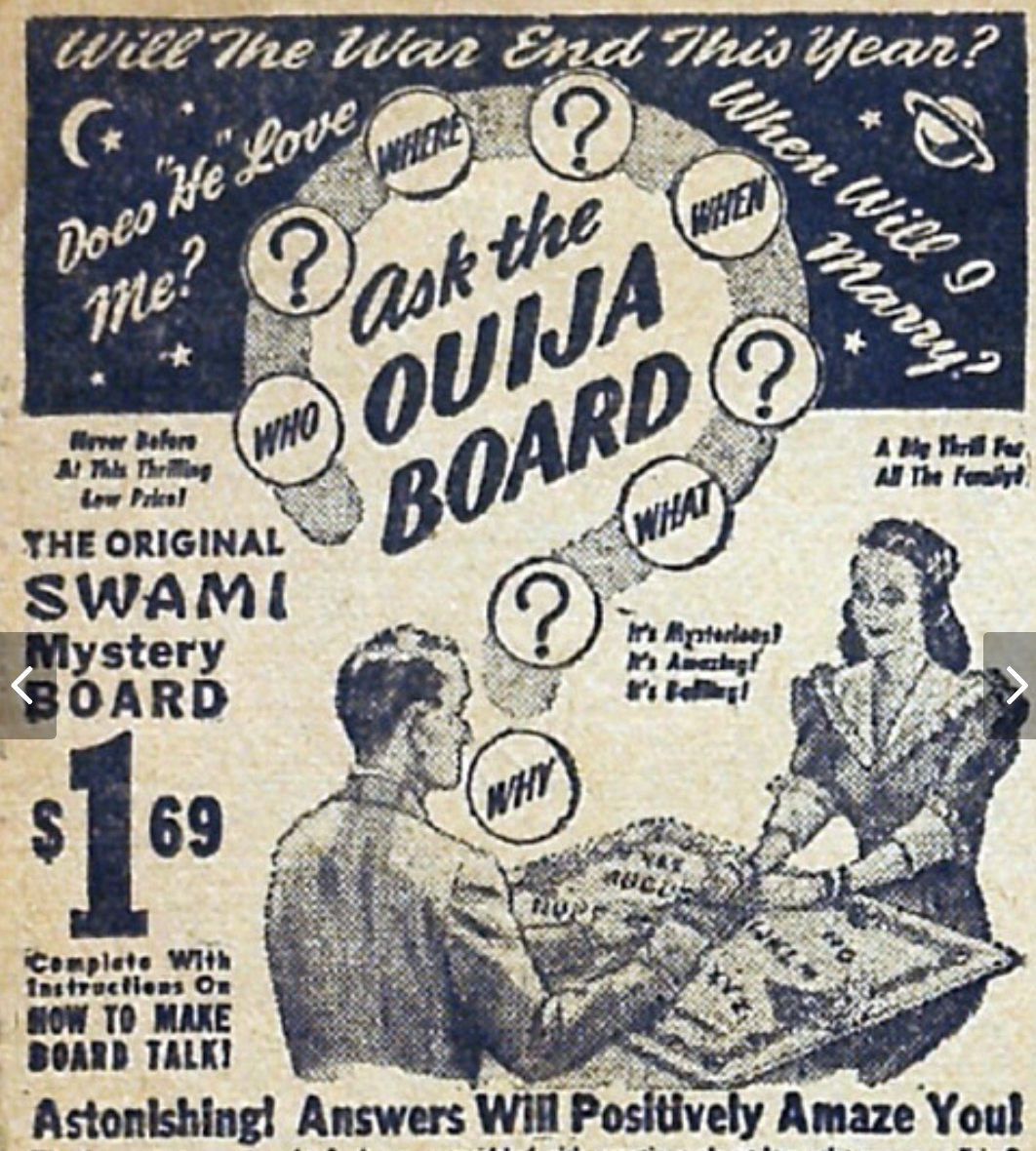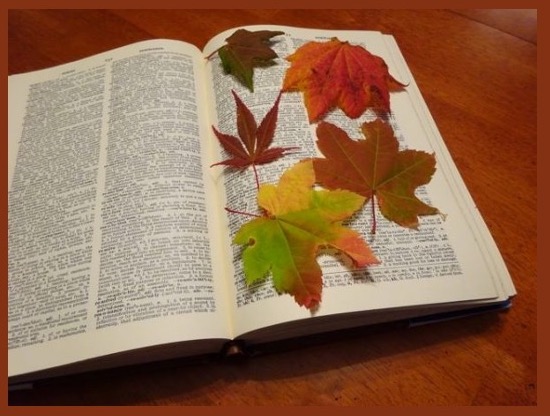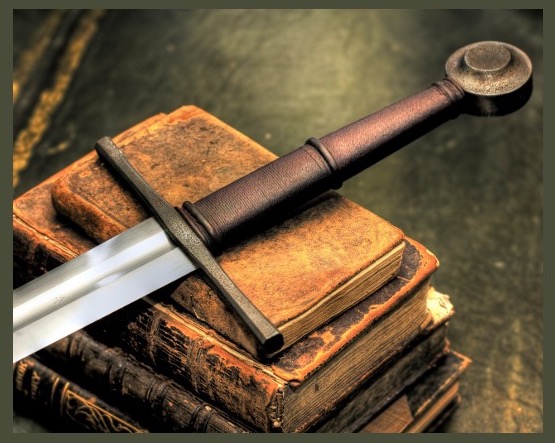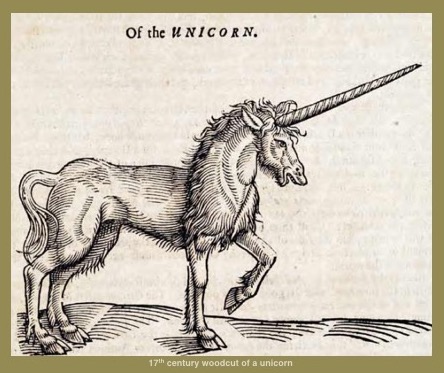My early teens were a tumultuous time, with loads of interpersonal drama. But it was also a time of “spiritual” awakening—or maybe an occult one?—when many lifetime practices began. From about the age of twelve I began to read every paranormal book in the Santa Monica County Library. I nearly succeeded, but that wasn’t as impressive as it might sound. Paranormal books were looked down upon back then (still are in many circles). The entire collection at Santa Monica consisted of one bookcase: perhaps seven tall, five feet wide, crammed full of the classic titles of the time. There was Charles Berlitz’s The Bermuda Triangle, Donald Keyhoe’s Flying Saucers Are Real, The Philadelphia Experiment, The Search for Bridey Murphy, The Interrupted Journey, books by Hans Holzer and Brad Steiger, and scads of others. Everything topic was covered, some of it profound and some sensationalist junk: ghosts, UFOs, bizarre theories, metaphysics, and reincarnation. As long as it was strange, I was into it. I also scanned the book sections of the local drug stores for “weird books” and SFF to squander my allowance on. I didn’t completely give up on critical thinking. Even back then some of this stuff seemed like junk. But I loved the mental adrenaline rush reading it gave me, the boundless what ifs.
This was also the time I began playing with the Ouija board—at first with my enthusiastic mom who bought it for us to play with and my friends. We’d have mostly hilarious, nonsense sessions. It was a lot of fun. Some “guy” kept coming through to flirt with my mom. He told her that her second husband would have the initials QZK and we spent many sessions trying to get the scoop on him. Answers on QZK never really showed up, of course. Mostly we got evasion and nonsense. Mom was still married at the time to my biological father, but they’d been estranged for years. She really wanted to believe in an afterlife of love. (She did eventually get it but not with QZK.)

I also tried working the Ouija by myself. At first the planchette was sluggish, then it moved more rapidly. I was not conscious of pushing it but I’m mostly convinced I unconsciously made it move and was mostly talking to my own right brain. I suffered no ill effects or demon possessions. The hysteria over Ouija boards conjuring demons really began in the 1970s after The Exorcist came out. Before that, it was considered a parlor game for people to fool around with. The The abominable Ed and Lorraine Warren also popularized the whole satanic panic/demon possession thing and still haunt the paranormal zeitgeist through The Conjuring movie franchise.
It didn’t take long for me to get bored with solo Ouija board sessions (no friends to play with) and I moved on to Tarot. I’ve done Tarot on and off ever since. I also tried my hand at automatic writing. Like the Ouija sessions, it began slowly and painfully, then became more fluid, then fast. The “spirits” would move the pen in big looping scrolls, taking up a whole notebook page with ten to fifteen words. The handwriting gradually got smaller, but never conformed to neat and staying within the lines. (Spirits don’t conform to the rules.) Again, I didn’t feel as if I was pushing the pen, but I believe it was an exercise in unconscious talking to conscious. Later it developed into something more profound—a way of having meaningful dialogue with my Self. When I was in therapy, trying to dive deep down and clear out the programmed junk in my psyche, my Jungian therapist encouraged me to continue with the automatic writing. I still practice it. It remains a beneficial way of talking to my Self, divining how I truly feel about things, working through the decision-making process, et al.
Except sometimes. Sometimes, even in the early days, the tone would shift into something that felt outside myself, much deeper than talking to the wayward winds inside my brain. Something channeled from Elsewhere? I dunno. I get this now and again with Tarot, too, that feeling when a reading really clicks into place and seems more than wish fulfillment or facile projection. A few years back I asked “Them” if I was talking to my ancestors. They answered along the lines of “took you long enough to figure that out.” “They” sometimes have a good sense of humor.
I continue to talk to myself and the ancestors. It’s a great comfort when I need it, a way of calming myself when I’m stressed, or working through what worries me. The messages that come through are overwhelmingly positive. If negative things come through (almost always self-critical crap, as distinctly different in tone as the profound messages are) I say a little clarification/protection prayer and ask them if the negative things are true. They usually respond with something like, “No. That’s interference from your Shadow or old negative programming.”
But it all began back there in my early teens. I really needed to believe in “cosmic friends” or better angels or a realm outside the tough times I was going through. I’m glad I found those better angels—even if they were merely the better angels of my own mind and soul finding their way to the surface. They have sustained me throughout my life.





